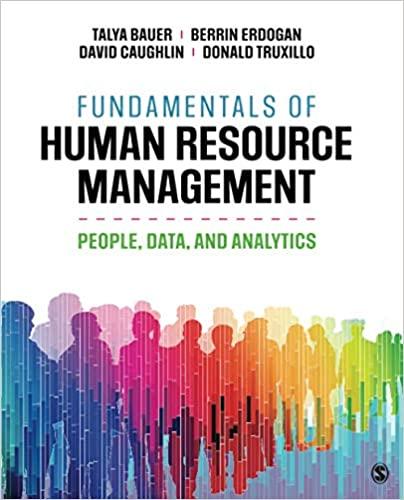Answered step by step
Verified Expert Solution
Question
00
1 Approved Answer
In 2018, in South Dakota v. Wayfair, Inc., the United States Supreme Court overruled its earlier decision in Quill and opened the door to state
In 2018, in South Dakota v. Wayfair, Inc., the United States Supreme Court overruled its earlier decision in Quill and opened the door to state taxation of online sales. The South Dakota legislature had enacted a statute that required certain out-of-state sellers to collect and remit sales tax "as if the seller had a physical presence in the state." The law applied only to sellers that annually sell more than $100,000 worth of goods or services within the state. South Dakota then sued three large retailers, Wayfair, Inc., Overstock.com, Inc., and Newegg, Inc., for failing to collect taxes as required under this law. The lower courts and the state's highest court ruled in favor of the retailers because of the Court's precedent requiring physical presence. When the case reached the Court, however, the justices reexamined the earlier decision, and five out of nine of them chose to overrule it. The majority found that the case's focus on physical presence created an "online sales tax loophole" that gave out-of-state businesses an advantage. The justices concluded that in today's online environment, physical presence in a taxing state is not necessary for the seller to have a substantial connection with the state. Chief Justice John Roberts wrote the dissenting opinion. He noted, "E-Commerce has grown into a significant and vibrant part of our national economy against the backdrop of established rules, including the physical-presence rule. Any alteration to those rules with the potential to disrupt the development of such a critical segment of the economy should be undertaken by Congress." In response to the decision, 44 states, including California require the collection of sales taxes on online sales. Below is Tom Cruise making a recent online purchase (note the CRT monitor is gone) where he needs to also pay sales tax. Tom Cruise with laptop computer Question Presented In the wake of the Supreme Court's decision in South Dakota v. Wayfair, Inc., states have moved in quickly to tax online sales. Please discuss whether you think it is now more or less likely that Congress will enact legislation that requires out-of-state corporations to collect and pay taxes to states for online sales. Can you think of any other changes in the law that Congress may want to make that would impact online sales
Step by Step Solution
There are 3 Steps involved in it
Step: 1

Get Instant Access with AI-Powered Solutions
See step-by-step solutions with expert insights and AI powered tools for academic success
Step: 2

Step: 3

Ace Your Homework with AI
Get the answers you need in no time with our AI-driven, step-by-step assistance
Get Started


